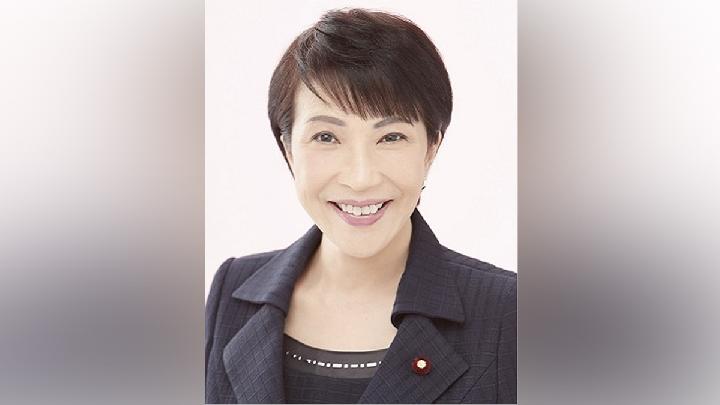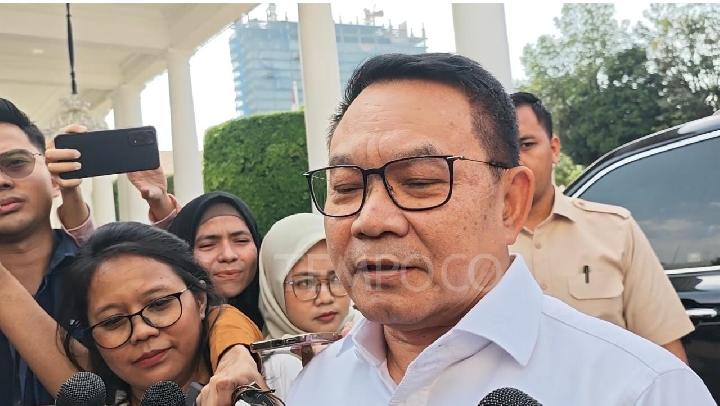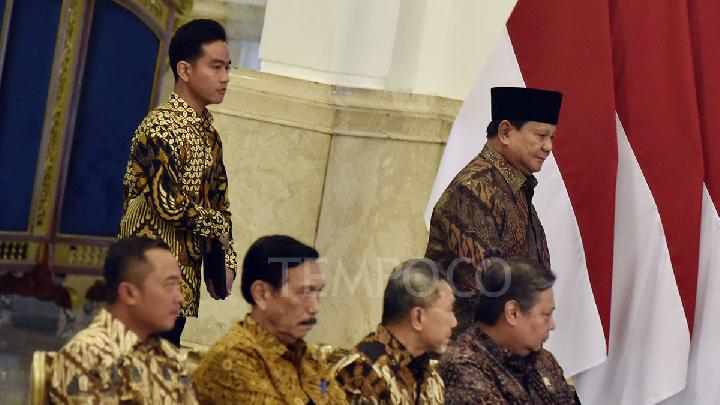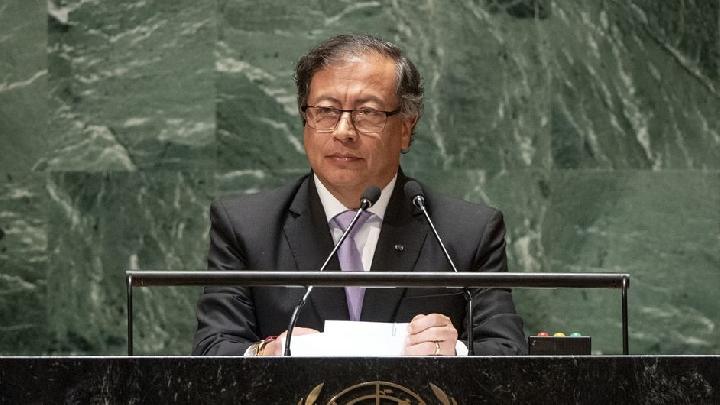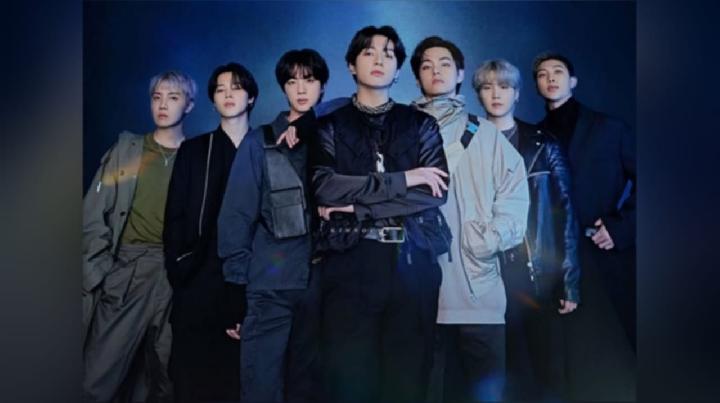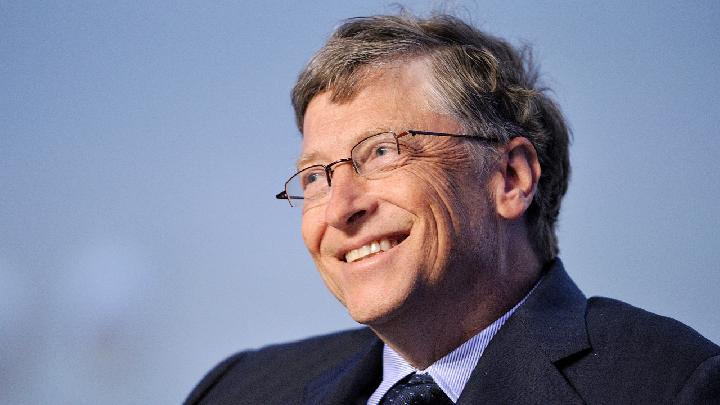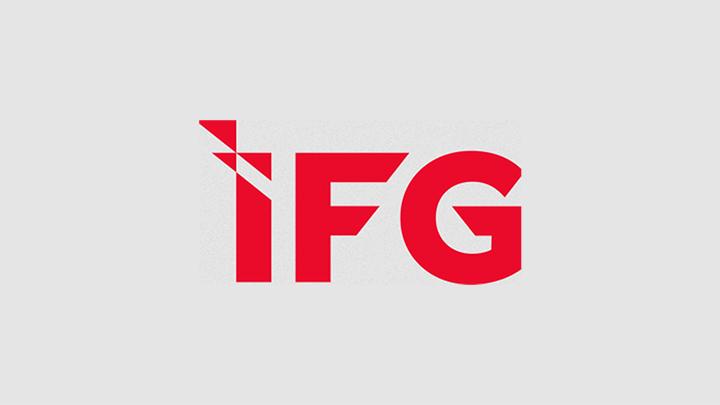TEMPO.CO, Jakarta - The United States (US) announced its third withdrawal from the United Nations Educational, Scientific, and Cultural Organization (UNESCO), effective December 31, 2026, on Tuesday. The reason being the organization's acceptance of Palestine as a member contradicting the 'America First' foreign policy of the Trump administration.
"Today, the United States informed Director-General Audrey Azoulay of the United States’ decision to withdraw from UNESCO," said US State Department spokesperson Tammy Bruce in a statement as reported by Anadolu.
Palestine has been a member since 2011, but the US does not recognize it as a sovereign state.
"To admit the ‘State of Palestine’ as a Member State is highly problematic, contrary to US policy, and contributed to the proliferation of anti-Israel rhetoric within the organisation," Bruce said as cited by Aljazeera.
She stated that continued involvement in the Paris-based body is 'inconsistent with Washington's national interests.'
Criticizing the Global Agenda
Bruce said UNESCO promotes 'divisive social and cultural goals' and maintains a focus on the UN Sustainable Development Goals. She described it as a 'globalist ideological agenda for international development that contradicts our America First foreign policy.'
The spokesperson referred to UNESCO's 2011 decision to accept Palestine as a member state as 'highly problematic, contradictory to US policy', and said it contributes to the 'anti-Israel' rhetoric within the organization.
Recurring Pattern
This withdrawal repeats the Trump administration's decision to leave the UN Educational, Scientific, and Cultural Organization in 2018 over alleged 'anti-Israel bias' and mismanagement of the organization.
Washington previously withdrew from the agency in 1984, under President Ronald Reagan, due to concerns about the 'external politicization' of the institution, among other reasons.
Under former President Joe Biden in 2023, the US re-joined as the 194th member of UNESCO.
Bruce stated that continued US participation in international organizations will focus on 'advancing American interests with clarity and confidence.'
Trump had withdrawn US support for the World Health Organization and in February issued an executive order halting funding for the UN Human Rights Council, accusing it of protecting 'human rights abusers'.
The same order announced a review of US membership in UNESCO, to be completed within 90 days, emphasizing whether the body has been involved in 'anti-Semitic or anti-Israel sentiment'.
Trump pursued an 'America First' agenda during his second term, and White House spokesperson Anna Kelly framed the latest withdrawal from UNESCO as an effort to advance that goal.
"President Trump has decided to withdraw from UNESCO - which supports cultural and social movements that build and divide," Kelly wrote on social media.
"The President will always prioritize America. Our membership in all international organizations must align with our national interests."
UNESCO Regrets US Decision
Azoulay said she 'deeply' regrets President Donald Trump's decision to withdraw from the organization once again.
"This decision runs counter to the basic principles of multilateralism," Azoulay said.
She said the reasons for the withdrawal remain unchanged despite significant changes in political tensions and the organization's role as a 'rare consensus forum' over the past seven years.
Azoulay refuted US claims, highlighting UNESCO's efforts in Holocaust education and the fight against anti-Semitism.
"Although regrettable, this announcement has been anticipated, and UNESCO has prepared for it," Azoulay said.
She emphasized the organization's reforms and diversification of funding since 2018. The US contribution now represents 8 percent of UNESCO's budget compared to 40 percent for some UN entities, while the organization's overall budget continues to increase, she asserted.
"This organization is more financially protected," said Azoulay, noting a doubling of voluntary contributions since 2018 and no planned layoffs.
She stressed that UNESCO welcomes all nations and will maintain partnerships with private sector, academia, and non-profit American organizations, while seeking political dialogue with the US government and Congress.
Editor's Choice: Three Khmer Rouge Sites on UNESCO's World Heritage List
Click here to get the latest news updates from Tempo on Google News

